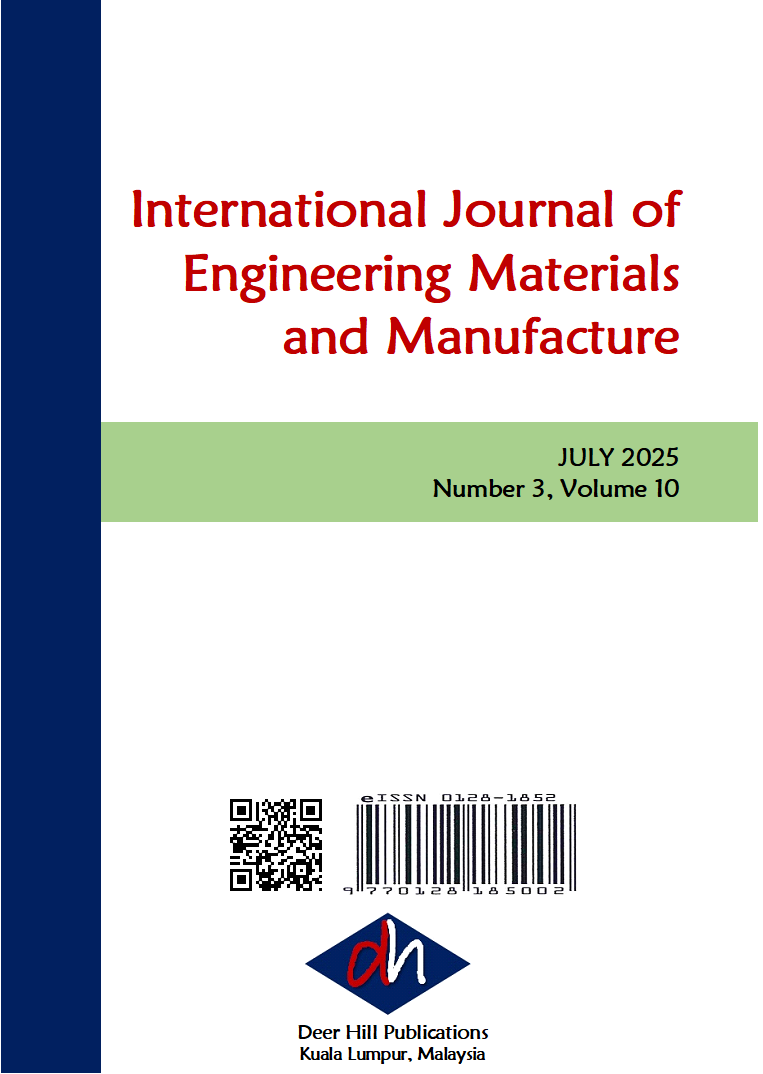A Preliminary Study of Recycling Technology Selection Framework (RTSF) For Evaluating the Effectiveness of Plastic Recycling Technologies
DOI:
https://doi.org/10.26776/Abstract
Plastic waste has emerged as one of the most pressing environmental issues globally, with Malaysia generating approximately 1.6 million tonnes of plastic waste annually of which only 9% is effectively recycled. This Study introduces the Recycling Technology Selection Framework (RTSF), a qualitative decision- support tool designed to systematically evaluate and compare plastic recycling technologies across four key pillars: technical, environmental, innovation and technological advancement, and system efficiency. Utilizing a three-level scoring system (High, Medium, Low) and thematic coding of secondary data, the framework was applied to five recycling technologies; mechanical recycling, chemical recycling, pyrolysis, gasification and enzymatic recycling. Radar chart visualization enabled comprehensive performance comparisons. The results show that mechanical recycling is currently the most feasible technology in Malaysia, whereas chemical and pyrolysis exhibit significant potential for future scalability and innovation. Gasification and enzymatic method remain limited by economic and developmental constraints. The framework's validity was further demonstrated through three Malaysian case studies, revealing measurable performance improvements of 15-22% in cost efficiency, material industry stakeholders, and researchers in making informed, sustainability-aligned decisions, thereby supporting the transition toward a circular economy both in Malaysia and in other developing regions facing similar challenges.
Keywords: Plastic Recycling Technologies; Recycling Technology Selection Framework (RTSF), Circular Economy, Environmental Sustainability, Decision-Support Tool, Malaysia, Technology Evaluation, Waste Management.
Downloads
Published
Issue
Section
License
© Copyright: The Author(s)
Creative Commons: CC BY 4.0
Copyright of articles that appear in International Journal of Engineering Materials and Manufacture (IJEMM) are belonged to “The Author(s)” under terms and conditions of Creative Commons Attribution 4.0 International Public License (CC BY 4.0). https://creativecommons.org/licenses/by/4.0/legalcode
